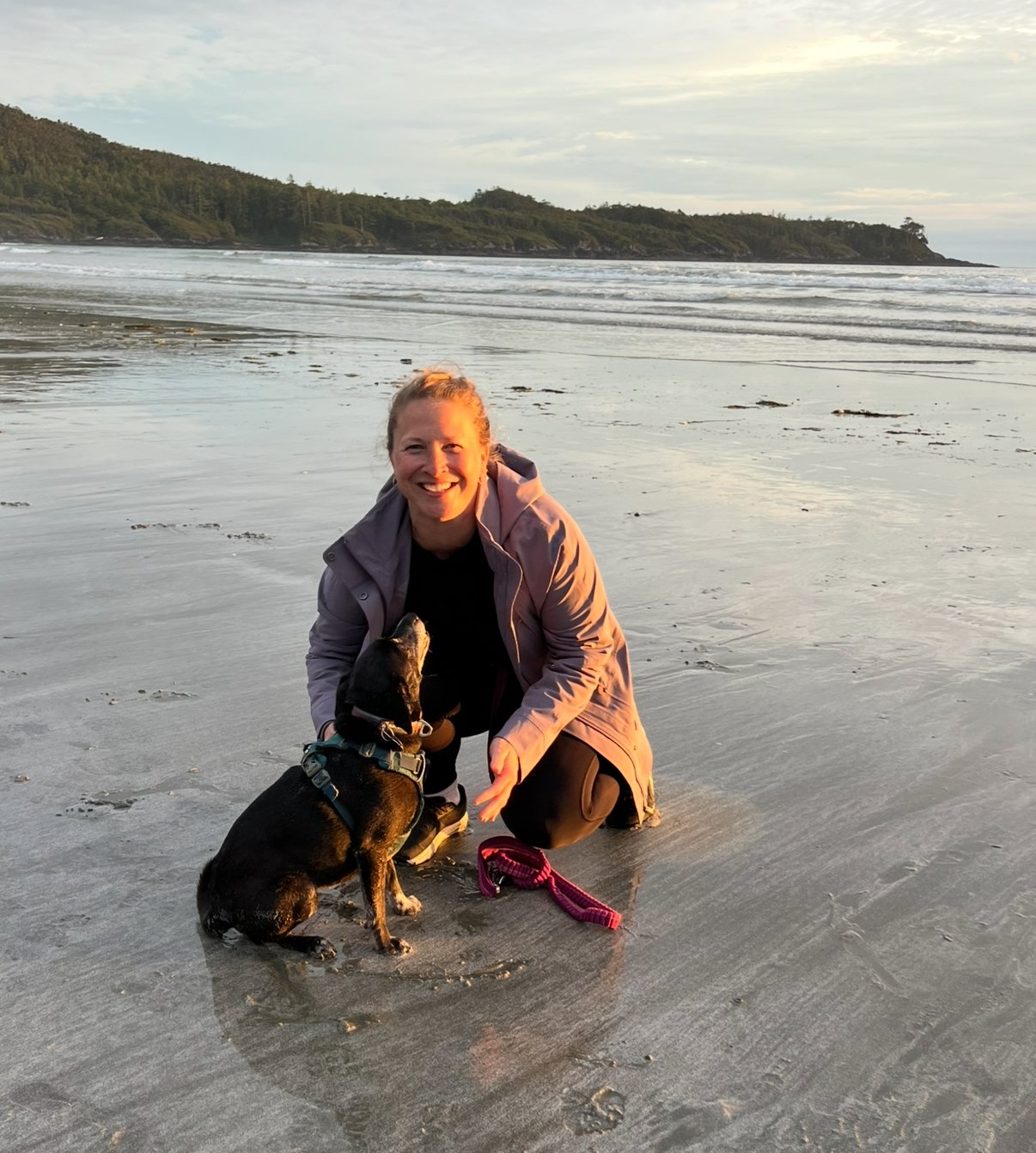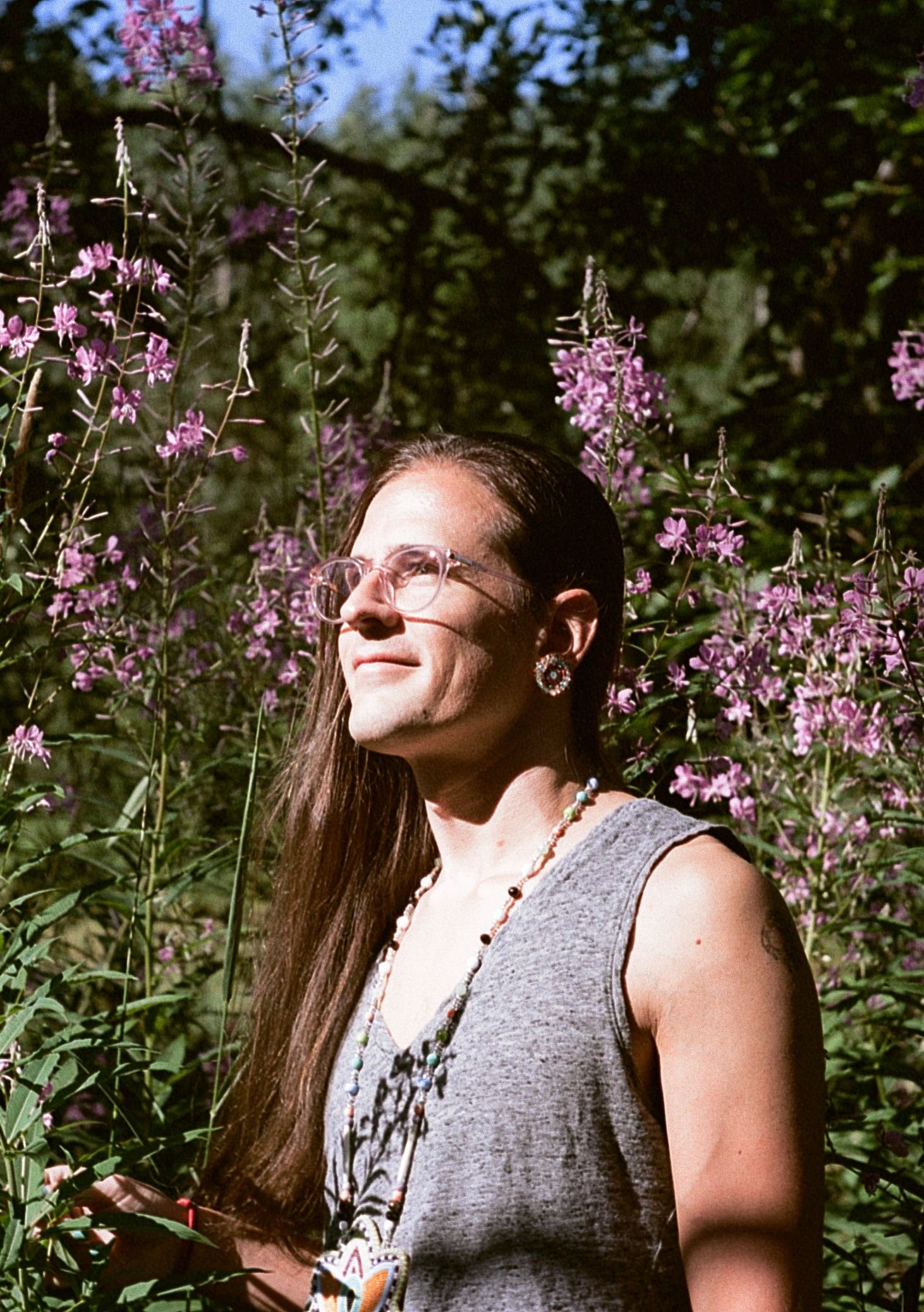
WHO WE ARE
At The Raven Collective, we believe health is not merely the absence of disease, but a state of sovereignty. Every person, family, and community holds the fundamental human right to health and wellness. We strive to understand current systems, barriers, strengths, people, and stories to help build healthier futures rooted in justice and self-determination. Our work is grounded in respect for Indigenous values, Tribal sovereignty, and the inherent right of Tribal Nations to shape their own health systems and outcomes.
We take an Indigenous and systems-based approach to our work in healthcare. Recognizing the complexity of health challenges, we work in partnership with communities to address them through a holistic, culturally grounded, and relational framework. With every relationship we build and every project we undertake, our collective fosters collaboration to help unravel the complexity of health and wellness systems—and to co-create lasting, community-led solutions.
Our approach
The Raven Collective is dedicated to advancing the health, well-being, and self-determination of Indigenous communities by working to confront and correct the deep inequities in access to care for Native peoples.
Our vision is rooted in Indigenous health equity—a future shaped by relationships of mutual respect, the celebration of culture, and the collective work of dismantling systemic, institutional, and individual racism.
We are guided by the values of Respect, Relationships, Reciprocity, Integrity, Responsibility, and Interconnectedness, which inform every partnership, program, and action we take.
Collective leaderShip
JESSICA LESTON: OWNER / PARTNER
Jessica Leston (she/her), is a public health advocate and an enrolled member of the Ketchikan Indian Community. She is the owner/partner of The Raven Collective.
Jessica’s roots are both Indigenous and settler. Her mother’s family are settlers originally from Germany, Sweden, and Ireland, while her father’s side comes from Austria, Finland, and the Tsimshian people of Southeast Alaska. Though she grew up in Chicago, her summers in Alaska with her grandmother’s family shaped her sense of identity, purpose, and connection to the land. "I remember climbing Deer Mountain, picking huckleberries around Ward Lake, and watching the salmon return to Ketchikan Creek Falls," she recalls. It was during these moments—learning from her grandmother—that she first understood the importance of reciprocity. "When you pick berries, you always give thanks and leave gifts," her grandmother taught her, a lesson that continues to guide her approach to public health: to give back, to uplift, and to honor relationships.
Jessica’s career has been dedicated to building Indigenous-led solutions that question and challenge systems and foster collective well-being. Her work has contributed to initiatives designed to strengthen health equity, interconnection, and healthcare access for Indigenous communities.
Guided by the Alutiiq cultural value, "We are responsible for each other and ourselves," Jessica envisions a future where Indigenous communities thrive—where storytelling, advocacy, and relationality serve as counterforces to structural violence, inspiring transformational change in Indigenous health.
Alicia Edwards: Contractor / Partner
Turtle Island Media Group
Meet Alicia Edwards (she/her), a proud member of the Colville Confederated Tribes (Okanogan Band) and the visionary founder of Turtle Island Media Group (TIMG). Alicia's childhood was steeped in the natural beauty of Okanogan County. "I remember sun-drenched mornings working with the horses," she recalls, "learning the value of hard work and the deep connection between people, our animal relatives, and the land." This foundation and a love for family, outdoor adventures, and sports shaped her commitment to community.
After graduating in May of 2020 with her MPH from Eastern Washington University, her public health career began during the COVID-19 pandemic. As a communications specialist with the Great Plains Tribal Leaders Health Board (GPTLHB), Alicia was on the frontlines of public health communication. Later, at the Northwest Portland Area Indian Health Board (NPAIHB), she contributed to impactful initiatives like syphilis and HIV/PrEP campaigns, and the development of NativeHealthResources.org.
However, a calling resonated within her – Alicia recognized a significant gap: Indigenous representation in health media. While working on various campaigns, she noticed that design was often outsourced to non-Indigenous companies. "They did great work," Alicia acknowledges, "but I dreamed of a company led by Indigenous artists, dedicated to improving health outcomes in Indian Country." That dream materialized as TIMG in January 2025.
The catalyst for TIMG's creation was a poignant moment. "Alicia, this is amazing. Growing up, I never saw myself on these materials at the clinic," a relative remarked after viewing some of the materials on Native Health Resources. This simple statement underscored the critical need for authentic Indigenous representation. TIMG's mission is clear: to craft culturally relevant designs, resources, and media that amplify Indigenous voices and stories, driving positive health outcomes.
“The power of Indigenous representation in media lies in its ability to reclaim narratives and promote cultural understanding. When coupled with culturally tailored health information, we create more effective and equitable healthcare.”
Ashley Hoover: Contractor / Partner
Pez Luna
Ashley Hoover (she/her) was born and raised in the Florida Keys. Her roots are established from settlers from various backgrounds: her mother’s family is Spanish, Cuban, and of British/Irish descent; her father’s family are Pennsylvania Dutch and Eastern European Jewish descent. Her childhood spent on and in the water, learning about weather patterns, the stars, and our connectedness to marine life established a life-long love for the ocean, the environment, and our responsibility of reciprocity we hold for each other and the Earth we share.
Ashley found her way to working in Indigenous Health through an internship in 2014 at the Northwest Portland Area Indian Health Board where she worked on Maternal and Child Health epidemiology. After graduating from the Tulane School of Public Health and Tropical Medicine in 2015 and working five years on perinatal HIV and congenital syphilis surveillance and prevention activities at the Louisiana Department of Health STD/HIV Program, she found her way back to working in Indian Country and supporting community-led prevention efforts that address systemic and root societal issues that cause health inequities associated with maternal and infant health, sexual health, and safety.
Her professional and self-work over the last decade has involved challenging and dismantling colonial belief systems and infrastructure, racism, transphobia, and homophobia through supporting community-driven public health solutions that moves the needle toward a more equitable and inclusive world for every human—one that not only accepts but demands health as a human right.
The name Pez Luna, Spanish for sunfish, is meant to honor her Hispanic heritage, her childhood spent sailing with her dad on a Sunfish sailing dinghy, and her love of the ocean.
Itai Jeffries, phd: Contractor / Partner
Itai Jeffries, PhD (they/them/y’all) is a sociologist, educator, researcher, and consultant whose work spans tribal public health, 2SLGBTQ+ healthcare, systems and movement capacity building, and organizational development. They joined the Raven Collective to help create meaningful, relationship-centered solutions that address the barriers Indigenous Americans—especially trans and gender-expansive people—face in accessing equitable healthcare.
Itai is yesah/Occaneechi and settler. They were born and raised on Occaneechi and Sappony lands in rural North Carolina, where they grew a deep love for working with the land, learning from the foods and medicines she offers, building community, and appreciating the healing power of humor. Now based in Western Washington on the lands of the Duwamish and Coast Salish peoples, Itai co-stewards an urban microfarm with their sister Tui (and a flock of kooky hens).
Guided by a belief that everyone deserves dignity, respect, and access to wellness, Itai grounds their work in the stories, families, and intergenerational memories that shape us. They believe in the power of tapping into these roots—and in celebrating the intersections between us—to overcome barriers and build collective thriving. This belief is central to their contributions at the Raven Collective.

“We are reSPONSIBle for each other and ourselves.”
Alutiiq Cultural Value




